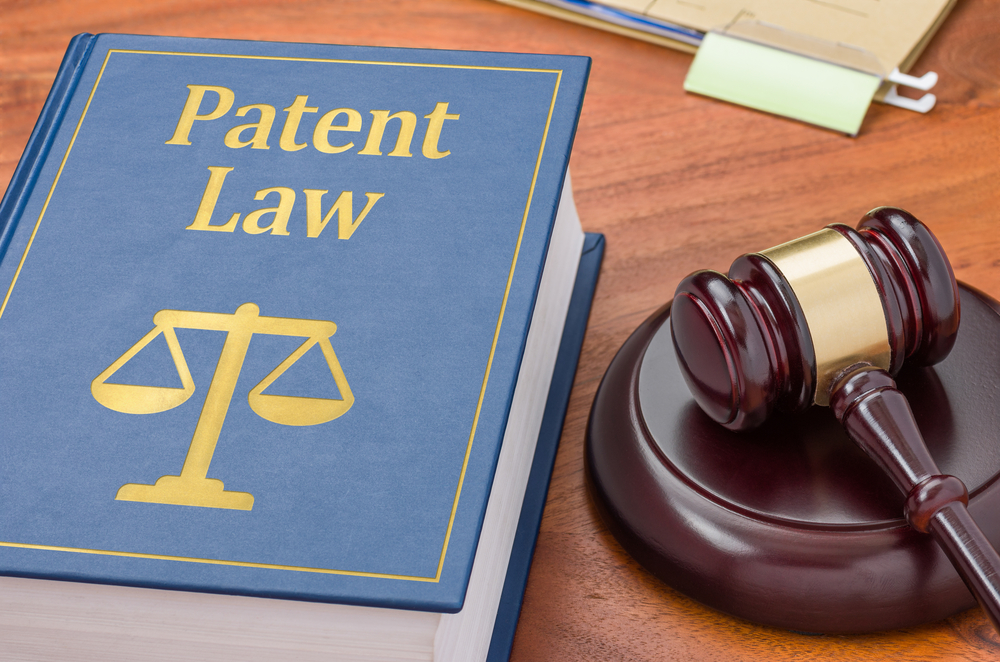Synthon Wins EU Patent Case Against Teva, Paving Way for Generic Copaxone for MS Patients

A European Patent Office decision has opened the door to Synthon providing cheaper generic versions of Teva Pharmaceutical’s Copaxone to people with relapsing multiple sclerosis.
What looks like the final hurdle to the generics was cleared when the patent office’s Technical Board of Appeal revoked the last of the patents that Teva had received for Copaxone’s manufacturing process. Teva had contended in its patent applications that an improvement it had made in the glatiramer acetate synthesis process was unique enough to warrant patent protection.
The patent feud between Synthon and Teva was related to the use of the chemical hydrogen bromide (HBr) in the Copaxone manufacturing process. Teva had sued Sython in 19 European countries, maintaining that Synthon had infringed on its patents.
Although the Technical Board of Appeal has the name “board” in its title, it is actually a court, so it’s decisions are not just administrative actions but legal rulings.
Until the Technical Board of Appeal rulings, Synthon had lost all of the earlier legal rounds of the battle. The final board ruling revoked the last of Teva’s three so-called HBr patents on glatiramer acetate synthesis.
Synthon said in a press release that the Board of Appeal decision indicated that Teva’s earlier actions against it “lacked legal basis and were unjustified.”
While the legal battle was raging, Synthon had contested Teva’s efforts to obtain preliminary court injunctions to prevent it from making a generic version of Copaxone. It had also appealed injunctions that had already been handed down.
The Technical Board of Appeal decision means that all injunctions against Synthon will be lifted.
While several pharmaceutical companies are making generic versions of Copaxone, Synthon is the only one to have performed a large-scale Phase 3 clinical trial (NCT01489254) to prove that its generic glatiramer acetate is equivalent to Copaxone.
The study, covered nearly 800 relapsing-remitting MS patients, compared 20 mg of generic glatiramer acetate with Copaxone and a placebo.
Synthon’s generic received marketing approval in Europe in 2016, and the company immediately began making it available to its marketing partners. Pfizer holds commercial rights to Synthon’s glatiramer acetate in the United States.
The case against Synthon is not the only patent infringement action Teva has brought. Teva, which is itself one of the world’s leading manufacturers of generics, has taken a number of legal steps to try to market glatiramer acetate exclusively.
It has taken Sandoz — which introduced the first generic version of Copaxone in the United States — to court there, for example.
In addition, it has asked U.S. courts to protect its Copaxone patents against Mylan and Momenta Pharmaceuticals.






